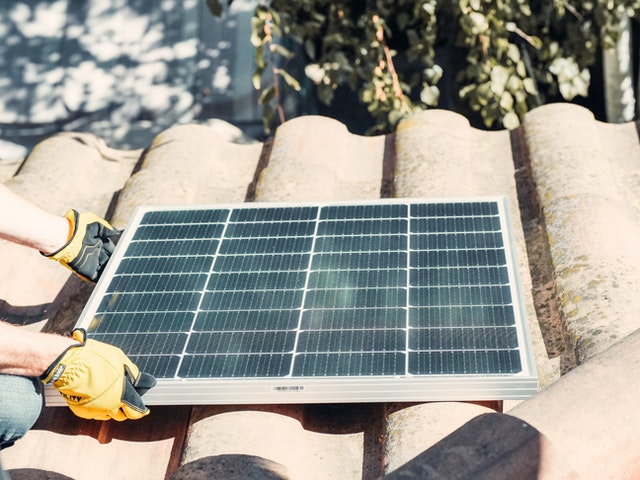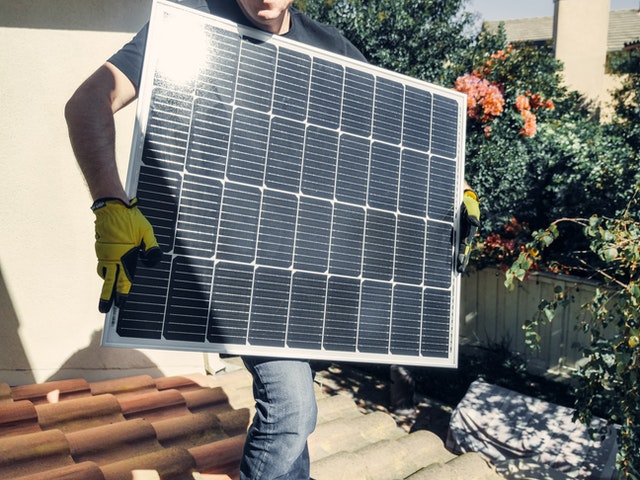Solar wholesalers are (and will remain) a mostly unnoticed portion of the value chain for the majority of customers. When it comes to completing an installation, where do the firms who supply you with bids through receive the essential equipment? In many circumstances, a solar wholesaler is the best solution.
This particular sector relies heavily on solar wholesalers. Despite the fact that they are not readily apparent to the average customer, they have a significant impact on the total value chain.
Residential and business contractors depend on the services of solar wholesalers to store and transport equipment from manufacturers like as Panasonic and Solaredge when it is required. There are three main types of suppliers: manufacturers, installers, and solar wholesalers.
Below, we’ve included a simplified example of how panels get to your roof and how they’re distributed and installed by various parties:
Residential rooftop products
Because of the importance of solar wholesalers, the proper solution is delivered to the right installation at exactly when moment it is needed. Installers don’t have to carry as much equipment inventory when working with a distributor. Installers of these power systems might postpone purchasing the necessary equipment until a customer commits to a project. Installers’ carrying costs are reduced as a result, resulting in cheaper pricing for you since they no longer have to own and run their own warehouse and distribution centre for equipment.
Major distributors sell to residential, business, and utility-focused installations alike.
What’s been going on in the distribution landscape recently?

A typical solar wholesalers role is to buy, store, and then distribute the products they had purchased from other distributors. Distributors, on the other hand, have developed to accommodate the changing demands of installers as the sector has progressed. Today, distributors are looking for innovative methods to differentiate themselves from their competitors (beyond just, you know, storing and distributing inventory). These panel system design, supply chain management, finance, and information management are just a few of the available services.
There has also been an increase in rivalry for long-established industry veterans from distributors in related areas (such as energy distribution). It has also been more common for distribution corporations like Baywa and Wesco to acquire other companies in a variety of acquisitions in recent years (some smaller, some larger).
In the end, what does this mean to you?
For you, what’s the bottom line? It is doubtful that you would know the name of your distributor, but the distributor that your installer works with will have a significant impact on the energy solution you choose for your house or company, notably the price you are charged.
Benefits of this kind of power
The sun’s rays are used to power solar power installations. Carbon dioxide emissions are reduced and our dependency on fossil fuels is reduced when panels are installed on your roof. Installing panels not only reduces your carbon footprint, but also contributes to the growth of renewable energy production by exporting power generated by the panels to the grid.
Save money
Some of your energy requirements will be met by the electricity produced by your power system. Power costs will be reduced as a result of this. Size of system and amount of power used will determine savings.
Property value
Installing solar power systems might raise the resale value of your property. Approximately $29,000 is the estimated value-added by a 5kW panel installation in a home in Australia, according to study results. Investment in this is a wise one.
Maintenance expenses
In general, solar power systems don’t need a lot of upkeep. You simply need to clean them a couple of times a year to maintain them in good condition.



